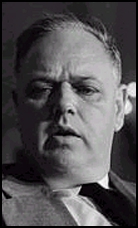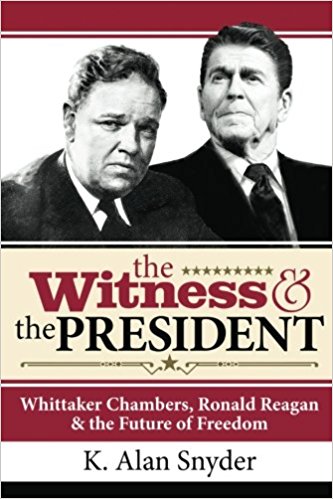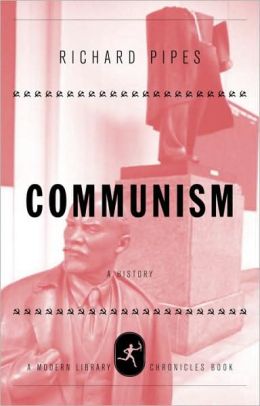There has never been a society or a nation without God. But history is cluttered with the wreckage of nations that became indifferent to God, and died.

That quote by Whittaker Chambers might form one of the centerpieces of his classic book, Witness, that is the cornerstone of my course on Chambers that I am teaching once again this semester. I teach this course regularly every two years for a number of reasons.
First, it tells the tale of a tortured soul who found peace through coming to Christian faith; second, it reveals the seduction of the communist vision and how people have been trapped by it; third, the writing itself is superb—it’s rare for students to read a 799-page book and wish it hadn’t come to an end.

Chambers’s masterpiece, an autobiography that grips the soul of those who are open to its message, has impacted the thinking of thousands. Yet Chambers himself is largely an unknown entity for most people; they don’t know what he did and how his “witness” was front-page news in the late 1940s-early 1950s. So another reason I teach this course is to revive the knowledge of his contribution to American history.

One man who was influenced greatly by Chambers was Ronald Reagan. Prior to reading Witness, Reagan didn’t understand why anyone would be attracted to communism. Chambers helps show how and why it drew those who lived in this world without hope, yet then betrayed their trust. By telling the story on a personal level, Reagan finally realized that the best way to fight against this anti-Christian ideology was to follow in Chambers’s footsteps and portray it as the false religion that it really was. My book on Chambers and Reagan is also used in this class.

Chambers wrote many articles and essays as well, from the days when he was a senior editor of Time and, later, at National Review. Those essays have been collected by Terry Teachout in a volume that takes as its title one of Chambers’s most famous essays, “Ghosts on the Roof.” Students read some of his most poignant articles, which add to their Chambers experience.

Finally, to round out what the students need to know as background, I offer them this concise, yet eminently readable history of communism by Richard Pipes, who was a professor of Russian history at Harvard, and who died just this past year. His lifetime of teaching and writing contributed greatly toward exposing the true history of communism.
I love teaching this course, and from my students’ testimonies over the years, I can say they have appreciated taking it. Shall I end with another excellent Chambers quote? Well, of course.
External freedom is only an aspect of interior freedom. Political freedom, as the Western world has known it, is only a political reading of the Bible. Religion and freedom are indivisible. Without freedom the soul dies. Without the soul there is no justification for freedom.… Hence every sincere break with Communism is a religious experience.
